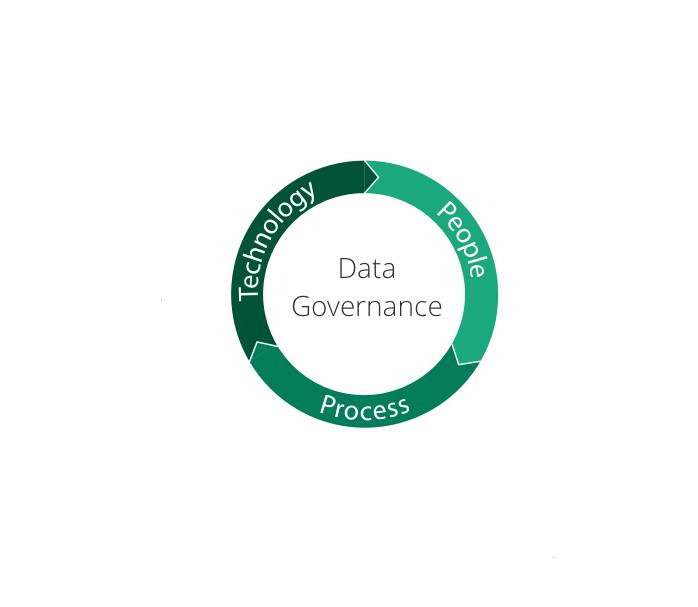Data engineering is the practice of designing, building, and maintaining the infrastructure that supports data processing, storage, and analysis. Data engineers are responsible for building and maintaining the pipelines that move data from its sources to its destinations, as well as transforming and processing data to make it suitable for analysis.
Data lineage is the process of tracking the flow of data from its origin to its destination, and understanding how it is transformed and used along the way. Data engineers play a critical role in data lineage, as they are responsible for designing and building the systems that enable data to be tracked and analyzed.
One of the key challenges of data lineage is the complexity of modern data ecosystems. As data flows through multiple systems and tools, it can be difficult to trace its path and understand how it is being transformed at each stage. Data engineers can address this challenge by building data pipelines that capture metadata about data transformations, enabling organizations to visualize the flow of data and understand how it is being modified and used.
Data engineers can also ensure the accuracy and consistency of data lineage by implementing best practices in data governance and management. This includes establishing data quality standards, implementing data validation and testing processes, and ensuring that data is transformed and processed in a consistent and standardized manner.
Another important aspect of data engineering in data lineage is data security. Data engineers are responsible for designing and implementing security measures that protect data as it flows through the organization’s systems, including encryption, access controls, and monitoring tools.
In addition to these technical responsibilities, data engineers also play an important role in collaborating with other stakeholders in the organization, such as data analysts, data scientists, and business leaders. By working closely with these stakeholders, data engineers can ensure that the organization’s data infrastructure supports its business goals and objectives, and that data lineage is aligned with its regulatory and compliance requirements.
In conclusion, data engineering is a critical component of data lineage, enabling organizations to track the flow of data and understand how it is being transformed and used along the way. By leveraging their technical expertise, data engineers can ensure the accuracy, consistency, and security of data lineage, and collaborate with other stakeholders to align data infrastructure with business goals and objectives.

